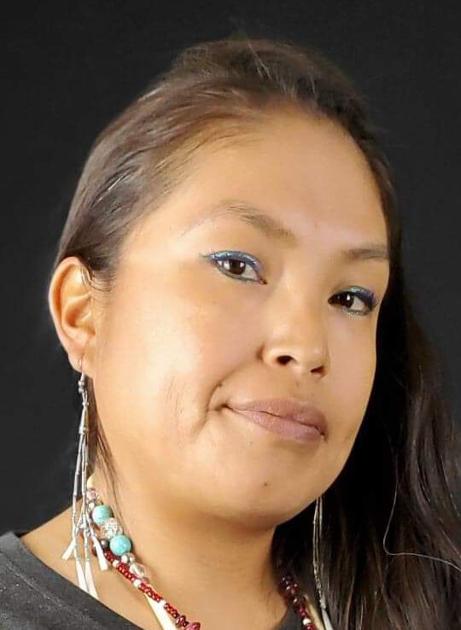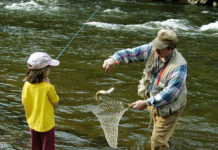As descendants of the Wasco Tribe of the Confederated Tribes of Warm Springs, the Columbia River and its tributaries are like the veins and arteries of our own bodies. For some, “Water is Life” has become a slogan, a hashtag. For us, it’s who we are.
Right now, the native people of the Columbia River Basin are hurting. On top of the overlapping crises caused by COVID-19 and a struggling economy, our rivers are sick and choked by dams. The salmon runs that sustained our people since time immemorial are slipping toward extinction. The salmon represent food, ceremony and community. If the salmon disappear, so does our identity, our culture, our existence.
That is why salmon recovery in the Columbia and Snake rivers is not just an environmental issue. This is an issue of justice, health and community — and it requires urgent action and bold solutions.
That is why we are grateful to Rep. Mike Simpson, R-Idaho, for releasing an ambitious new proposal to restore rivers and salmon, and revitalize our region’s economy. Congressman Simpson’s plan would restore a free-flowing lower Snake River and also includes actions to improve river health and water quality across the region. His plan aims to boost salmon and steelhead runs while creating jobs and making significant investments in clean energy, agriculture and the economy.
We also applaud Oregon Gov. Kate Brown for her strong leadership on salmon recovery, continuing to hold the federal government to account, and for her support for a comprehensive, collaborative solution for Columbia-Snake salmon.
We own and operate a fly-fishing guide service on the Deschutes River and we see firsthand the importance of strong salmon runs to our own bottom line and to local economies. When we think about how to create jobs and boost the state’s economy, we need to prioritize healthy rivers and salmon. Restoring a free-flowing lower Snake River would revitalize fishing businesses and communities along the river. Federal investment to replace the energy, transportation and irrigation services those four dams currently provide would strengthen our state and our region.
Since time immemorial, our ancestors have lived in abundance. Now, because of mismanagement of our rivers and first foods, we’re all in a place of scarcity. It doesn’t have to be this way.
We are water protectors. We are Indigenous. We are a voice for first foods, our salmon, roots and huckleberries — the list is extensive. None of that would be possible without water. So it is our duty to stand up and fight and be the voice. Because if we don’t, we don’t have anything, there is no life.
We encourage other elected officials in the region to follow Brown’s lead and come together. They can use Simpson’s proposal as a starting point to create a lasting solution that truly benefits this special place we all call home. If we work together, if we focus on the values that connect us, we can begin to share abundance once again.
———
Alysia and Elke Littleleaf are Warm Springs tribal members and co-owners of Littleleaf Guide Service. They are based in Warm Springs.
Credit: Source link





























